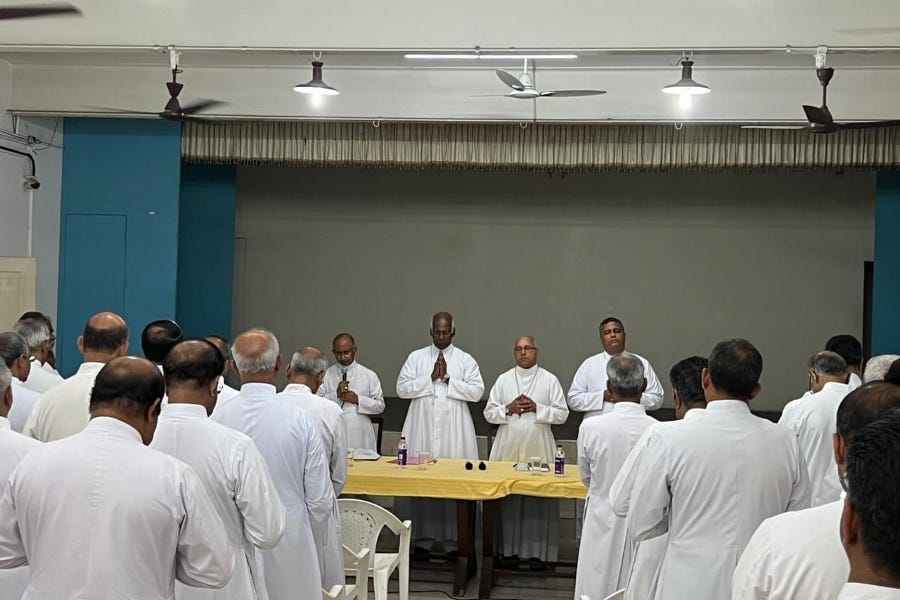New talks open to end Syro-Malabar liturgy impasse
Representatives of the Syro-Malabar Catholic Church’s Synod of Bishops met Thursday with clergy opposed to the introduction of a new liturgy
Representatives of the Syro-Malabar Catholic Church’s Synod of Bishops met Thursday with clergy opposed to the introduction of a new liturgy, in a renewed effort to settle a dispute that eluded resolution for decades.

